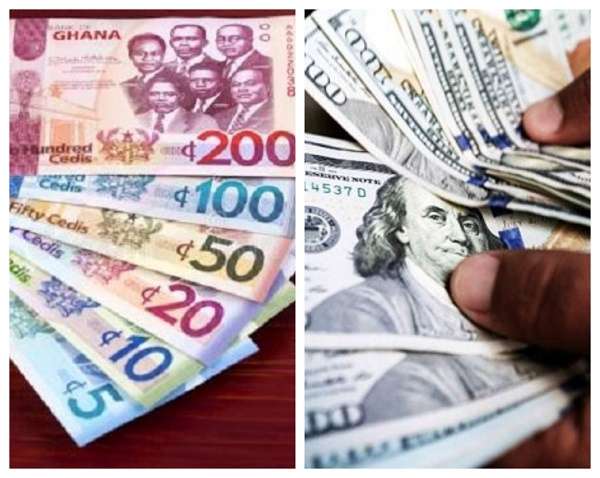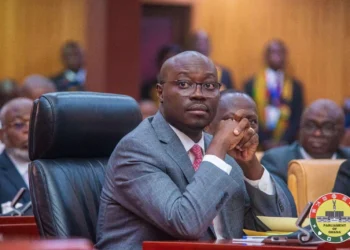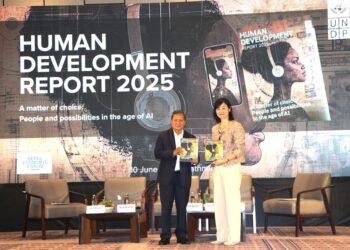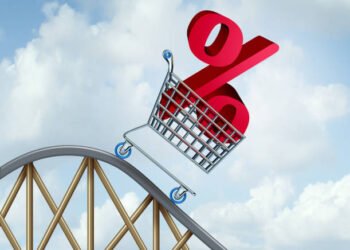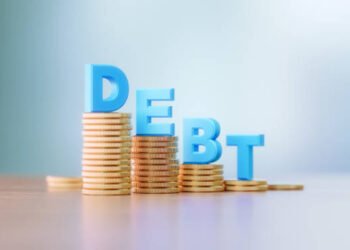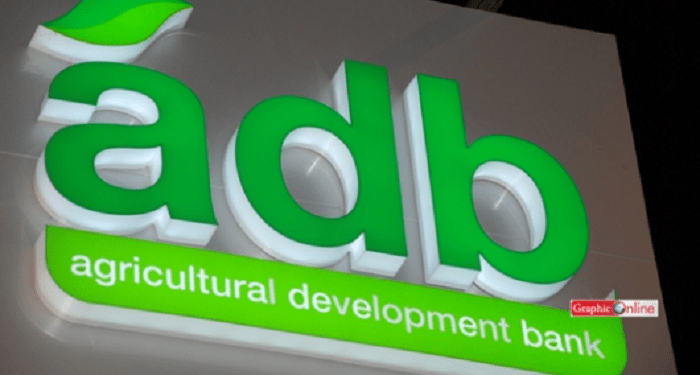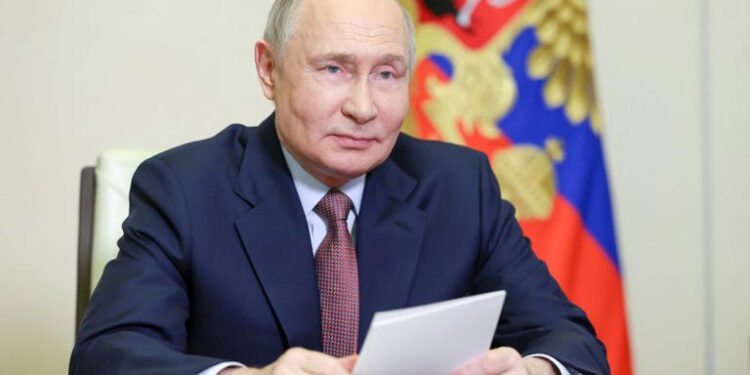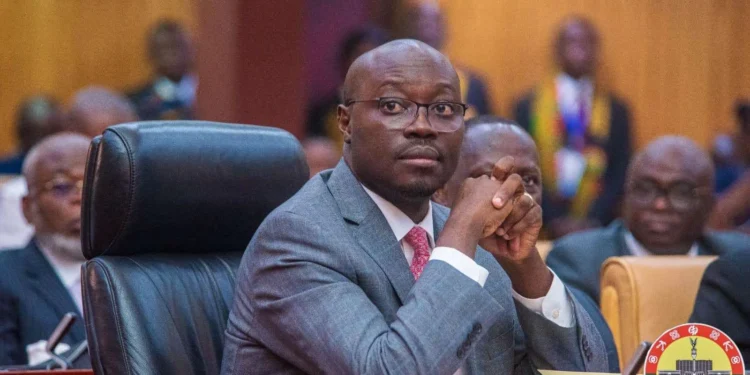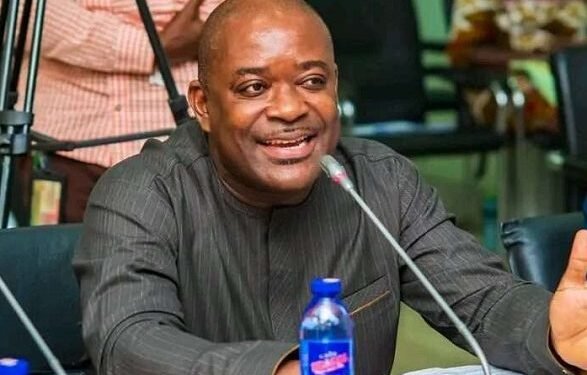The recent appreciation of the Ghanaian Cedi against the United States Dollar has sparked renewed optimism in the country’s economic prospects. However, economic experts are cautioning against premature celebrations.
Professor Isaac Boadi, Executive Director of the Institute of Economic Research and Public Policy (IERPP), has warned that the currency’s short-term recovery does not guarantee long-term economic stability, especially in the absence of sound domestic policies and structural reforms.
The Cedi’s strong performance in recent weeks has largely been attributed to a combination of global and financial developments, including increased gold exports, partial debt relief, and a $490 million International Monetary Fund (IMF) disbursement.
While acknowledging the temporary respite this offers, Professor Boadi insists that these gains are not rooted in robust economic fundamentals. “The Cedi’s rebound against the US Dollar which is fuelled by gold, debt relief and a $490 million lifeline, is a welcoming respite, but let’s be clear: a weak dollar is not a good strategy,” he noted.
He added that the celebration of these gains without addressing the structural challenges facing Ghana’s economy could result in a fragile and unsustainable recovery.
Stability Cannot Be Outsourced
Professor Boadi emphasized that Ghana’s economic stability must be anchored in deliberate, homegrown policies rather than fortuitous global developments. He cautioned that overreliance on external factors such as the depreciation of the US Dollar or temporary debt relief arrangements could expose the country to renewed economic shocks.
“Emerging markets like Ghana cannot outsource our stability to global luck. We need to go beyond what the global economic crisis gifts to us and solidify our gains with pragmatic policies and programmes.”
Professor Isaac Boadi
This call reinforces a broader concern among economists that Ghana has often failed to use windfalls and temporary recoveries as springboards for long-term structural change.
Despite the Cedi’s recent appreciation, Professor Boadi argues that the fundamentals of the economy remain weak. The heavy reliance on imports, inefficient public spending, and lack of investment in domestic production continue to undermine the sustainability of economic growth.
“Without homegrown policies, particularly real structural reforms, curbing reckless spending, boosting local production and slashing import dependency, this recovery would be a nine-day wonder.”
Professor Isaac Boadi
According to Professor Boadi, unless the government takes deliberate steps to address these longstanding challenges, the current gains may soon be reversed if global economic conditions shift.
Caution Against Premature Celebration
Professor Boadi, who also serves as the Dean of the Faculty of Accounting and Finance at the University of Professional Studies, Accra (UPSA), expressed concern about the celebratory tone adopted by government officials.
He described the excitement over the Cedi’s performance as premature, especially when viewed against the backdrop of the country’s persistent fiscal deficits, high inflation, and limited export base.
“Though the recovery of the Cedi against the US Dollar is heartwarming and refreshing, government must tread cautiously with its expenditure pattern within the short-term since the gains made so far are artificial, at best.”
Professor Isaac Boadi
According to him, should global market conditions improve and the US Dollar regain strength, the gains made by the Cedi could quickly erode.
In the view of the IERPP Executive Director, Ghana’s path to economic recovery must be founded on policies that promote fiscal discipline, economic diversification, and sustainable production. Reducing import dependency and investing in local industries, especially agriculture and manufacturing, could help create jobs, stabilize the Cedi, and reduce inflationary pressures.
Professor Boadi’s comments align with calls from other policy experts for the government to prioritize structural economic reforms as a core strategy for long-term growth. He maintains that Ghana’s economic resilience cannot be built on luck but must be the result of consistent, evidence-based policy decisions.
READ ALSO: Mahama Urges Aggressive Oil Drilling “Like There’s no Tomorrow”



